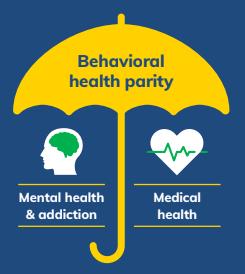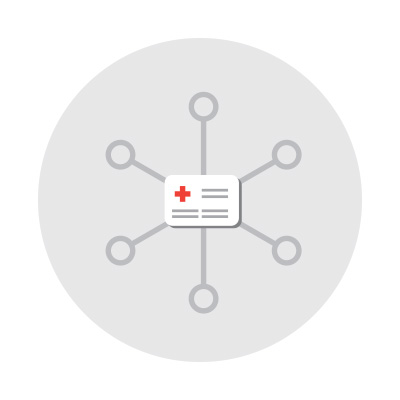- Home
- >
- Our Priorities
- >
- Increasing Access to Care
Increasing Access to Care
Too many Georgians face barriers to accessing meaningful and timely care. In rural communities, many hospitals are struggling to keep their doors open. And throughout the state, even Georgians with coverage can face difficulties accessing specialty care or prescription drugs. Georgians for a Healthy Future actively works to improve access to care for all Georgians. Learn more about our current efforts and how you can get involved on this page.
Behavioral Health Parity
ehavioral health parity (often shortened to “parity”) describes the equal treatment of mental health (MH) and substance use disorders (SUD) in health insurance plans. For example, when a plan has parity, it means that if a person enrolled in that plan has unlimited doctor visits for chronic conditions like diabetes, then the plan must also … Read More >
Network Adequacy
When consumers enroll in a health insurance plan, they gain access to a network of medical providers. Insurance companies contract with a range of providers, including both primary care and specialty physicians, to deliver health care services included within the plan’s benefit package. This network of providers must be adequate to ensure that consumers enrolled … Read More >
Rural Access
Rural Georgians experience health disparities on multiple dimensions: they are less likely to have job-based health insurance, may have to travel long distances to seek medical care, and experience higher rates of chronic health conditions than their suburban and urban counterparts. Rural hospitals are often the cornerstones of rural communities, serving as both an economic engine … Read More >
Medicaid & PeachCare
Approximately 1.9 million Georgians have coverage through Medicaid or PeachCare for Kids. While most of those enrolled are children, some low-income parents and people with disabilities are also covered through Medicaid. Because of its essential role in serving children and vulnerable populations, Georgians for a Healthy Future supports policy measures that keep this program strong and … Read More >



